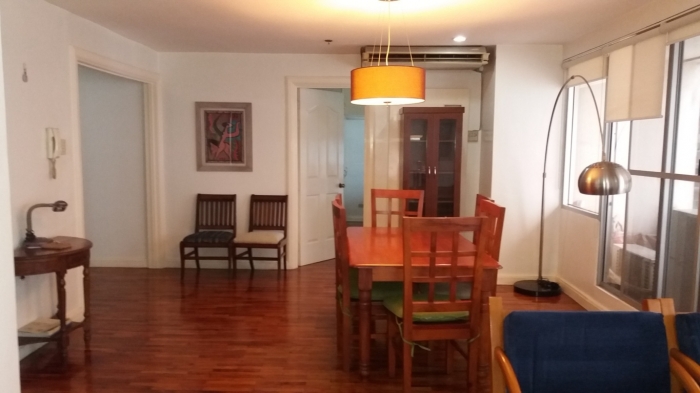The heart of business in the Philippines is Makati, so it is hardly surprising that real estate is very important in the city. Not to mention that there is an increasing demand for office spaces, apartments, condos, and houses for rent by the many foreign companies wanting to expand their businesses in the country.
Apartments, condos, and houses are popular places of residence for the masses, workers, businessmen and investors in Makati, especially as they provide lodging and everyday comfort. They are even located near various companies and office spaces, as well as clothing shops, malls, bars, restaurants, and many more.
Condos, in particular, have been rising in popularity in the country, especially in Makati. In recent years, the demand for renting condos in Makati has quickly risen up, and has helped shape not only the city’s skyline, but also the way its residents live and interact. Nowadays, housing costs in the city have become costly, and a person usually can only find low-cost homes on small tracts of land at the city’s fringes. Buying condos comes free from land costs, so one has a good chance to get a cheap one.
It is important to remember, however, that it is not healthy to overdose on real estate investments, even if the increased number of homebuyers has contributed to a turnaround in home sales. According to a US government index released recently, home prices have gone down by 0.2 percent in February, representing a third straight monthly drop. This only means that real estate in the country is still not overvalued, and is actually a long way from total recovery.
In any case, renting or owning real estate can assume a vital role in a person’s investment strategy, as real estate investments are prone to going up and down in value in different speeds and time. This diversity serves to limit volatility in a person’s investment portfolio. There are many ways for an investor to own a stake in real estate, but here are the three major ones:
Direct ownership
This is perhaps the most important of the three, as owning a house is a key component for computing a person’s household net worth. Still, it is not wise to treat one’s primary residence as part of the investment portfolio, according to Larry Swedoe, research director at the St. Louis-based financial advisory firm, Buckingham Asset Management. ”A home is a totally undiversified and concentrated asset, and I wouldn’t consider it in deciding the allocation in an investment portfolio,” he claims.
Long-term stays in a house mean that a spike or drop in its value does not amount to much if a person decides to sell it. Usually, the purchase of a permanent home does not depend on a return on investment, but on quality-of-life factors like amenities and location, among others. ”A home is my domicile — it’s worth whatever it’s worth, and I don’t really think about it,” claims Cliff Caplan, a financial planner and president of Neponset Valley Financial Partners in Norwood, Mass.
Mutual funds
Mutual funds, on the other hand, have been benefiting investors who got in the trade early, especially with real estate funds bouncing back up these days. Just last year alone, it is estimated that mutual fund investors have received a 73.5 percent return on investment. One must be warned, however, that over the past three years, real estate funds have lost an annual average of 10.5 percent.
Real estate investment trusts
Real estate investment trusts, or REITS, are companies that own and operate income-producing real estate, as well as trade on the stock market. Fittingly, they are regarded as the lifeblood of mutual funds specializing in real estate, especially the commercial ones. It should be remembered that commercial properties usually have contrasting values with that of residential real estate – when one goes up, the other often goes down, and vice-versa.






